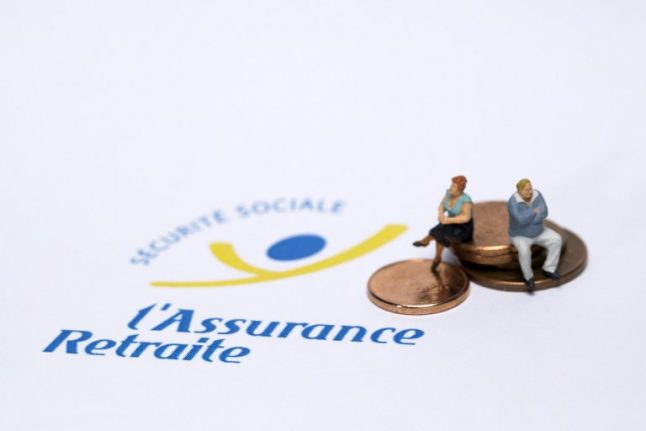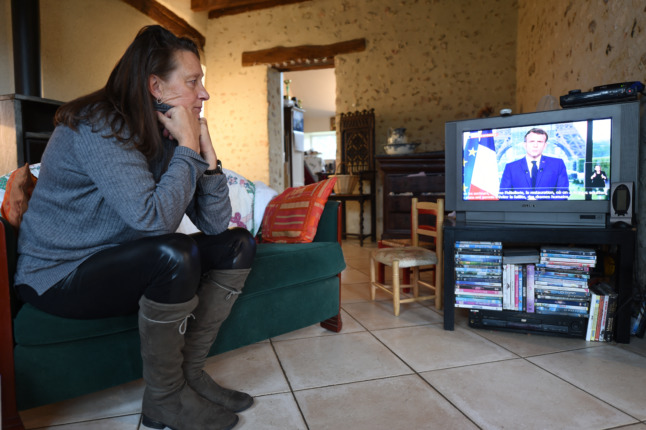You may not have given retirement and pensions a second thought yet, but if you’re an EU citizen/resident who’s currently working in France or has done so in the past, chances are you’ll be eligible for a French pension.
If that caught your attention, you might also want to know how much pension money you would get or how long you have to work to have the right to some form of French pension.
Here are the most crucial facts you should know about the French pension system, even if you aren’t planning to stay in France all your life.
What conditions do I need to meet to get a French pension?
As an employee in the private sector or a self-employed worker in France, you can receive a pension from the compulsory schemes that you have paid into.
According to the EU’s official site europa.eu, the minimum period of work in France to be able to claim a French pension is currently 15 years.
However, if you have worked in other EU countries as well, you may be able to add those extra work years outside France to the total in order to have access to a French pension.
In France, the statutory age to apply for a basic retirement pension (pension de retraite) is set at 60 years for people born before July 1st 1951.
The age increases by five months per year of birth, reaching a maximum of 62 years of age for anyone born from 1955 onwards (although there are cases when you can claim pension rights at 57).
It’s worth noting that the French government has recently been looking to overhaul its pensions system, although the retirement age is likely to remain at 62 regardless of other reforms.
Make sure you search on our page or on europa.eu for the latest information.

So can I expect to get any pension money if I worked in France for less than 15 years?
Under the principle of aggregation of periods of work across EU countries, you could be entitled to a French pension even if you’ve worked less than the minimum 15 years.
Take this example:
Let’s say you worked in France for eight years and then move to Ireland and worked for a further 22 years before retiring (30 years total).
French authorities are likely to recognize your entitlement to a proportional part of money from France’s national pension scheme, even if you worked in France for technically less than the minimum amount to qualify – 15 years.
So how much will France’s national pension scheme pay me in this case?
France will only calculate the EU-equivalent rate in this case – starting with the theoretical amount, the pension you would have had if you had worked all 30 years in France (let's say €1,200 for interest’s sake), rather than eight years in France and 22 in Ireland.
Then, it will determine the pro rata pension – the part of this amount which should be paid for the years worked in France: 1,200 times eight years in France, divided by 30 years in total (eight in France, 22 in Ireland) = €320 each month that you would get as a French pension.
Remember that the sums mentioned are hypothetical, but you can use the calculation for your own situation.
Use this link to find out more about the calculations other EU countries in which you worked use, under the “choose country” section.
Also bear mind that different EU countries have different retirement ages to be eligible to claim a pension from them.

And what if I did work for the minimum 15 years in France?
In that case French authorities will make a double calculation.
They will calculate your national pension for the 15 years worked in France (let’s say €800).
They will also calculate a theoretical amount, the pension you would have had if you had worked the full 30 years in France (let's say €1,500).
Then, they will determine the pro rata pension, that’s the part of this amount which should be paid to you for the years worked in France: €1,500 x 15 years in France / 30 years in total (15 in France, 15 in Ireland, for example) = €750 per month.
Is there anything else I should know about France’s pension scheme for now?
In a nutshell: the fact that it’s extremely complex. But just as with other aspects of the France’s welfare system, it can be very rewarding too.
You’ll have to work 40-odd years to have access to a full state pension.
There are also mandatory supplementary schemes (AGIRC AND ARRCO) which add points and therefore extra money to your pension.
When the time comes for you to claim your pension, you normally have to apply in the country where you are living or in the country where you last worked.
That country is then responsible for processing your claim and bringing together records of your pension contributions from all EU countries you have worked in.
Because there’s an awful lot to process when it comes to understanding pensions, our advice is to pick up the phone and speak to someone who truly knows the French system and can offer up-to-date info relevant to your particular situation.
SEE ALSO: How the Brexit vote affects your UK pension in France




 Please whitelist us to continue reading.
Please whitelist us to continue reading.
Thanks for this useful information. However, what is the criteria for non Europeans to get the French pension, if they worked in this country.
Is there a link to the 15 yrs of contributions requirement? I’ve been given conflicting information.